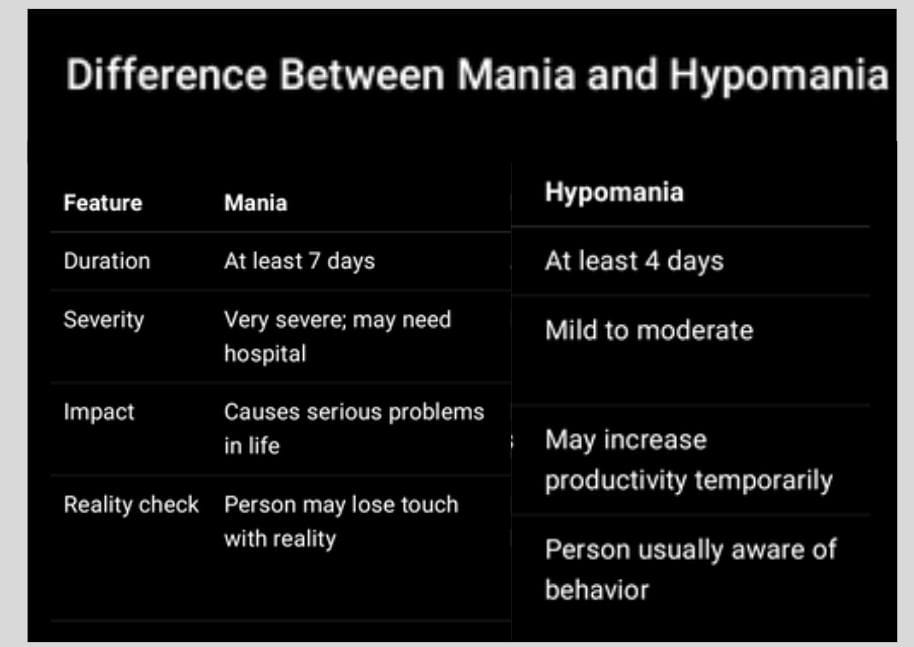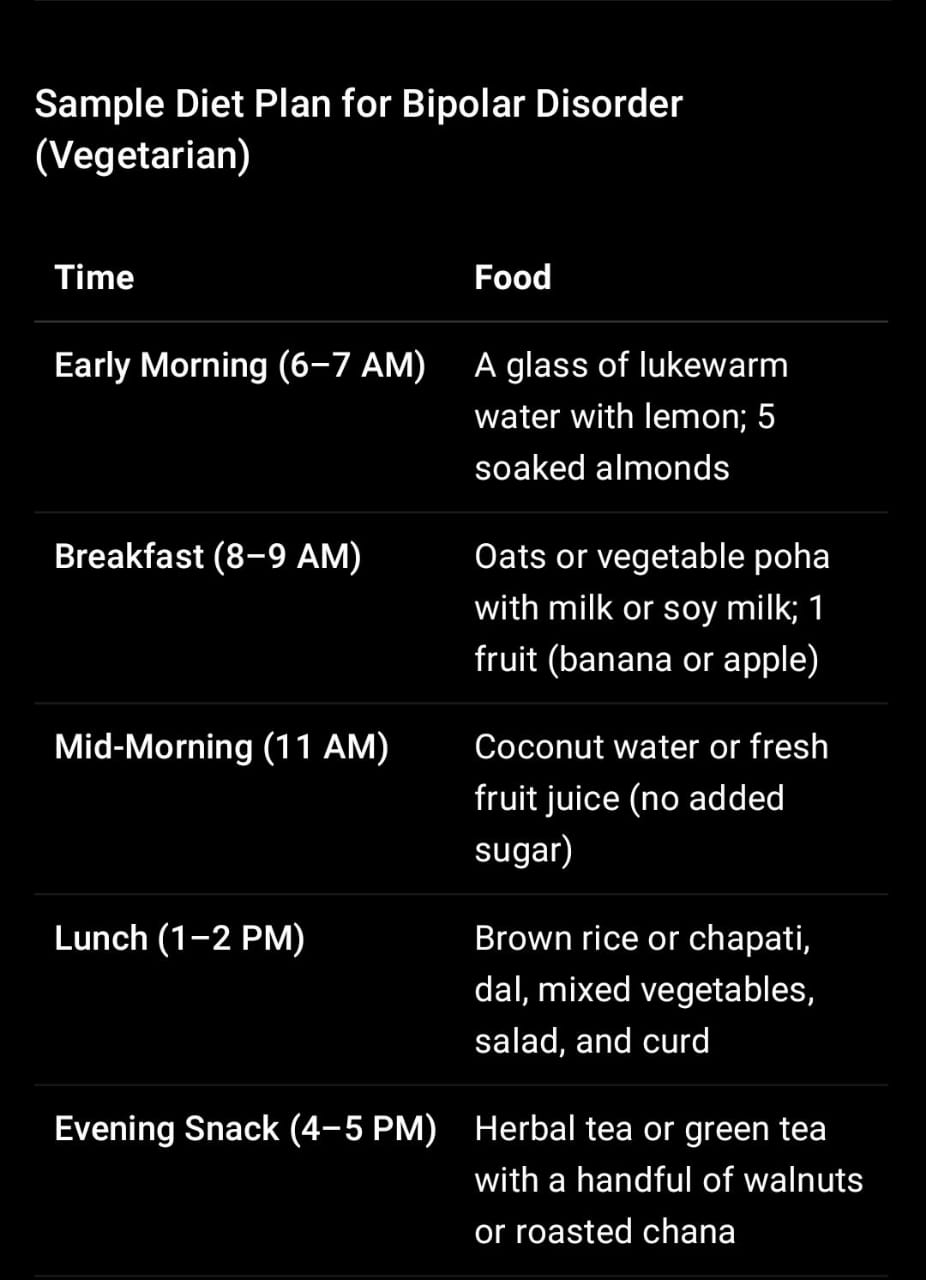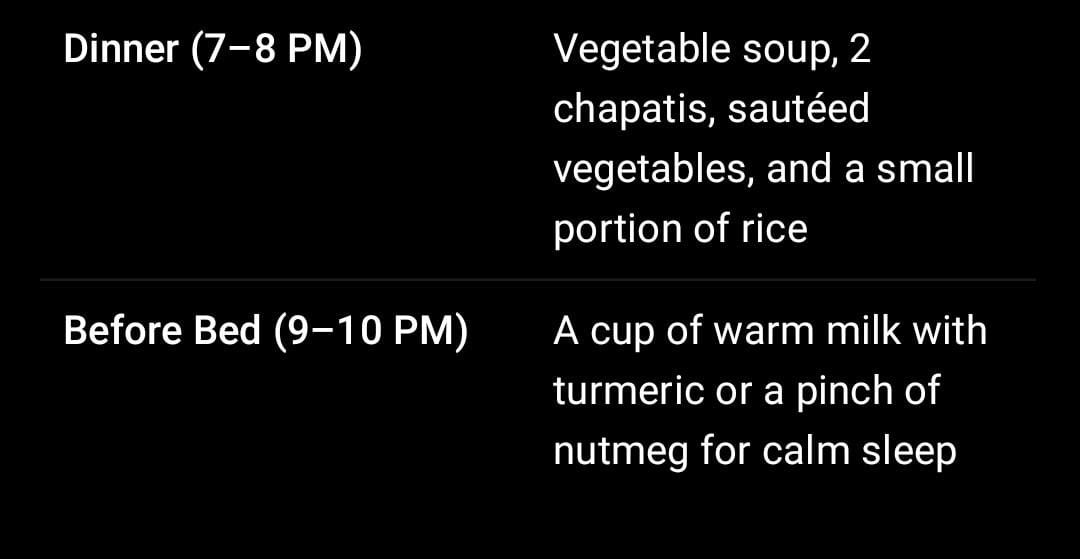Sandeep Dhand
Nutritionist And Health Educator
Introduction : Bipolar Disorder is a serious mental health condition that affects how a person feels, thinks, and behaves. It causes extreme mood swings — from very high energy and excitement (called mania or hypomania) to deep sadness and hopelessness (depression).
Everyone feels happy or sad sometimes, but in bipolar disorder, these changes are much stronger, last longer, and interfere with daily life.
This condition is not about “moodiness.” It is a medical illness that needs proper treatment, understanding, and lifestyle care — just like diabetes or heart disease.
What is Bipolar Disorder?

Bipolar Disorder is a mental illness in which a person experiences extreme shifts in mood, energy, and activity levels. These mood swings can affect relationships, work, study, and even decision-making.
The word bipolar means “two poles” — one being the high (mania) and the other being the low (depression). A person may feel extremely happy and active for days or weeks, and suddenly become very sad, tired, and inactive.
Types of Bipolar Disorder
There are three main types of bipolar disorder, depending on the pattern and severity of mood changes:
Bipolar I Disorder
This is the most severe form.
The person has manic episodes that last at least 7 days or require hospitalization.
Depressive episodes may also occur and can last for two weeks or longer.
In some cases, mania and depression may happen together (called mixed episodes).
Bipolar II Disorder
It includes both hypomanic (mild mania) and depressive episodes.
Hypomania is less intense than full mania — the person feels energetic and productive but not out of control.
Depression is usually more frequent and long-lasting in Bipolar II.
Cyclothymic Disorder (Cyclothymia)
It is a mild form of bipolar disorder.
Mood swings are less severe but still disrupt life.
The person often feels emotionally unstable for at least two years.
Difference Between Mania and Hypomania

Symptoms of Bipolar Disorder
During Manic or Hypomanic Phase
Feeling extremely happy or powerful
Talking very fast or more than usual
Sleeping less but not feeling tired
Having racing thoughts
Making risky decisions (overspending, dangerous driving, etc.)
Feeling unusually confident or superior
During Depressive Phase
Feeling sad, hopeless, or empty
Loss of interest in daily activities
Fatigue or low energy
Trouble concentrating or making decisions
Sleeping too much or too little
Eating too much or too little
Thoughts of death or suicide
Causes of Bipolar Disorder
There is no single cause. It usually results from a combination of biological, genetic, and environmental factors.
Genetics
If a close family member (like a parent or sibling) has bipolar disorder, your risk is higher. However, not everyone with such a history develops it.
Brain Chemistry
Imbalance in brain chemicals like serotonin, dopamine, and norepinephrine can affect mood control.
Stressful Life Events
High emotional stress such as loss, trauma, or relationship breakup can trigger mood episodes.
Hormonal Changes
Hormonal imbalance can sometimes lead to or worsen mood instability.
Substance Use
Use of drugs, alcohol, or other stimulants can worsen or trigger bipolar symptoms.
How is Bipolar Disorder Diagnosed?
There is no blood test or brain scan that directly detects bipolar disorder. Diagnosis is done through:
Medical history
Psychiatric evaluation
Mood charting (tracking mood changes over time)
Family history of mental illness
A psychiatrist will check how long episodes last, how they affect daily life, and rule out other conditions like thyroid problems or depression.
Treatment for Bipolar Disorder
Bipolar Disorder cannot be “cured,” but it can be successfully managed. With proper treatment, people can lead happy and stable lives.
Medications
Only a doctor (psychiatrist) should prescribe these.
Mood Stabilizers: Lithium, Valproate, Carbamazepine
Antipsychotic Drugs: Olanzapine, Quetiapine
Antidepressants: Used carefully to avoid triggering mania
Sleep Medicines: For maintaining regular sleep pattern
Always take medicines as prescribed and never stop suddenly without medical advice.
Psychotherapy (Talk Therapy)
Cognitive Behavioral Therapy (CBT): Helps identify and change negative thoughts.
Interpersonal Therapy: Improves relationships and emotional control.
Psychoeducation: Teaches patients and families how to recognize warning signs and prevent relapse.
Family Therapy: Family support plays a huge role in recovery.
Lifestyle Management
Maintain a regular daily routine
Sleep at the same time every day
Avoid alcohol, smoking, or drugs
Practice relaxation exercises like yoga or meditation
Keep a mood diary to track emotional changes
Living with Bipolar Disorder
Living with bipolar disorder requires understanding and patience — from both the person and their family.
Accept the Condition
Recognize that it is a medical problem, not a character flaw or weakness.
Build Support
Stay connected with family, friends, and mental health professionals.
Identify Triggers
Notice what situations or habits cause mood shifts — like lack of sleep or stress — and try to avoid them.
Take Medication Regularly
Skipping doses can cause relapse. Always follow your doctor’s advice.
Stay Positive
Recovery is possible. Many successful people live with bipolar disorder.
Complications if Untreated
If not treated properly, bipolar disorder can cause:
Relationship breakdowns
Financial problems
Substance abuse
Poor work or school performance
Suicidal thoughts or attempts
That’s why early diagnosis and continuous treatment are very important.
How Family and Friends Can Help
Family support makes a big difference in recovery. Here are some tips:
Learn about bipolar disorder.
Listen without judging.
Help the person stick to medication and therapy.
Watch for warning signs of relapse.
Encourage healthy habits and balanced routines.
Diet and Nutrition for Bipolar Disorder
A balanced diet can support brain health, stabilize mood, and improve overall well-being. Food cannot cure bipolar disorder, but it plays an important role in mental stability.
Include Omega-3 Fatty Acids
These are good fats for brain function.
Sources: Flaxseeds, chia seeds, walnuts, salmon, sardines, and soybeans.
Eat Whole Grains
Whole grains help regulate blood sugar and maintain steady energy.
Sources: Oats, brown rice, whole wheat, quinoa.
Add Fresh Fruits and Vegetables
They provide vitamins, minerals, and antioxidants that protect brain cells.
Aim for at least 5 servings a day.
Stay Hydrated
Drink at least 8–10 glasses of water daily. Dehydration can worsen mood swings.
Avoid Caffeine and Alcohol
Caffeine can cause anxiety and sleep disturbance. Alcohol can interfere with medications and worsen depression.
Limit Sugar and Processed Foods
High-sugar diets can increase irritability and energy crashes.
Get Enough Vitamin D and B-Complex
These vitamins help regulate mood and energy.
Sources: Sunlight, dairy, eggs, leafy greens, and fortified cereals.
Sample Diet Plan for Bipolar Disorder (Vegetarian)


Additional Diet Tips
Eat small, frequent meals instead of large heavy ones.
Don’t skip meals — it can lower blood sugar and cause mood swings.
Add probiotics (like curd) for gut and brain connection.
If taking lithium, drink plenty of water and reduce salt intake only after consulting your doctor.
Role of Exercise and Relaxation
Exercise: 30 minutes of walking, cycling, or yoga helps release endorphins (happy hormones).
Meditation and Deep Breathing: Reduce anxiety and stress.
Adequate Sleep: 7–8 hours of good sleep helps maintain emotional balance.
Can Bipolar Disorder Be Prevented?
You cannot completely prevent it, but you can manage and reduce its episodes by:
Taking prescribed medication regularly
Managing stress effectively
Keeping a consistent daily routine
Avoiding drugs and alcohol
Attending therapy sessions regularly
Conclusion
Bipolar Disorder is a lifelong condition, but with the right treatment, understanding, and lifestyle habits, a person can live a happy, meaningful life.
It’s important to remember that bipolar disorder is not a weakness — it’s a medical condition that needs care. Medication, therapy, good nutrition, and family support are the pillars of recovery.
If you or someone you know has symptoms of bipolar disorder, reach out to a mental health professional. Early help can change lives.